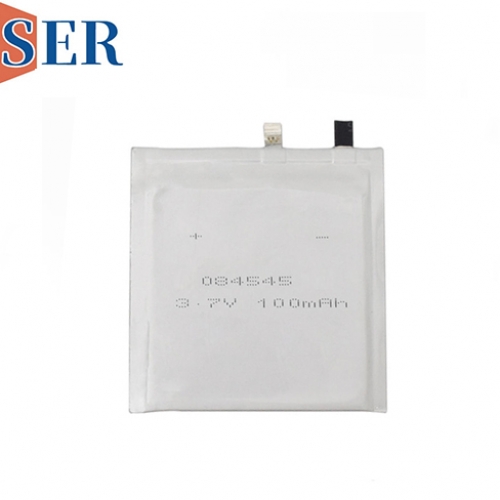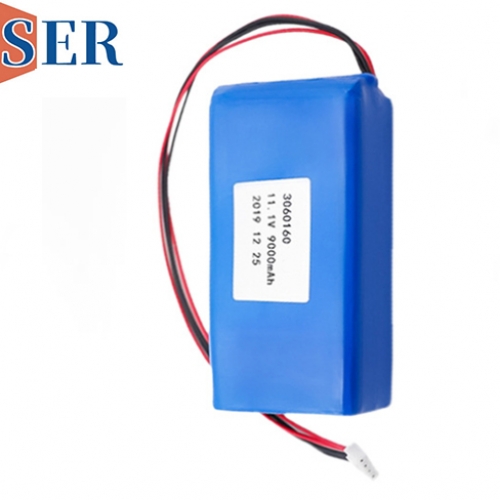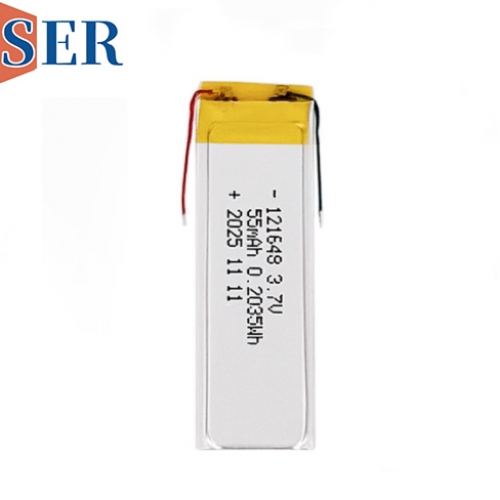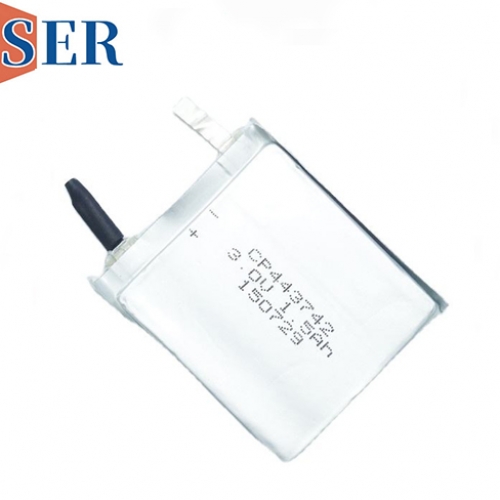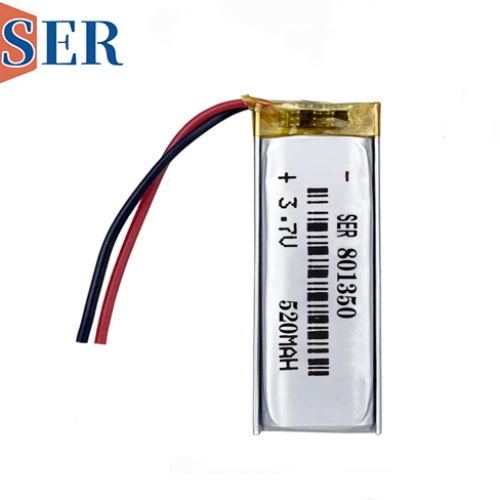What Are the Reasons for Battery Swelling?
What Are the Reasons for Battery Swelling?
Battery swelling, also known as battery bloating, is a common issue encountered with Aluminum plastic film flexible packaging batteries, mainly for Soft pouch LiMNO2 battery, ultrathin battery and Lithium polymer battery.
There are two main types of Swelling for lithium batteries:
One is the reasonable swelling. As the battery lasts longer and longer, the battery bulges at a certain rate,The swelling rate of a Soft pouch LiMNO2 battery, ultrathin battery and Lithium polymer battery refers to the rate at which the battery's volume increases due to internal pressure buildup. The swelling rate can vary depending on the type of battery, its construction,the swelling rate of a battery is influenced by multiple factors, including its design, materials, charging practices, temperature, and physical conditions.
Another is nonreasonable battery swelling.
Battery swelling, also known as battery bloating, occurs when a Soft pouch LiMNO2 battery, ultrathin battery and Lithium polymer battery experiences internal pressure buildup, resulting in its physical expansion. This condition can be caused by several reasons, some of which are outlined below:
Overcharging: Charging a Lipo battery beyond its recommended capacity can lead to the generation of excess gas inside the lithium polymer battery. This gas accumulation increases the internal pressure, causing the battery to swell. Overcharging can occur due to faulty charging equipment, software issues, or human error.
Internal Short Circuit: A short circuit within the Soft pouch LiMNO2 battery, ultrathin battery and Lithium polymer battery cells can cause a rapid chemical reaction, releasing gas and heat. This reaction leads to an increase in internal pressure, resulting in battery swelling. Internal short circuits can be caused by manufacturing defects, physical damage, or aging of the battery.
Manufacturing Defects: Defects in the Soft pouch LiMNO2 battery, ultrathin battery and Lithium polymer battery's manufacturing process can lead to swelling. These defects may include impurities in the battery materials, poor welding, or uneven cell spacing. These issues can cause internal shorts or gas generation, resulting in battery swelling.
Thermal Abuse: Subjecting Soft pouch LiMNO2 battery, ultrathin battery and Lithium polymer battery battery to extreme temperatures, especially high temperatures, can cause the battery to heat up excessively. This heat can trigger chemical reactions within the battery, releasing gas and causing swelling. Thermal abuse can also lead to other battery failures and safety hazards.
Mechanical Abuse: Physical damage to Soft pouch LiMNO2 battery, ultrathin battery and Lithium polymer battery battery, such as crushing, bending, or puncturing, can damage its internal components and allow gas to escape. This gas leakage can lead to a decrease in internal pressure, causing the battery to swell. Mechanical abuse can also result in internal shorts and other battery failures.
Aging: As Soft pouch LiMNO2 battery, ultrathin battery and Lithium polymer battery age, their internal components and materials degrade. This degradation can lead to changes in the battery's chemical reactions, resulting in gas generation and swelling. Aging batteries may also experience a decrease in capacity and performance.
To prevent Soft pouch LiMNO2 battery, ultrathin battery and Lithium polymer battery swelling, it is important to use the correct charging equipment, follow the recommended charging guidelines, and avoid subjecting the battery to extreme temperatures or physical damage. If a battery swells, it should be handled with caution and disposed of properly to prevent any safety hazards.

